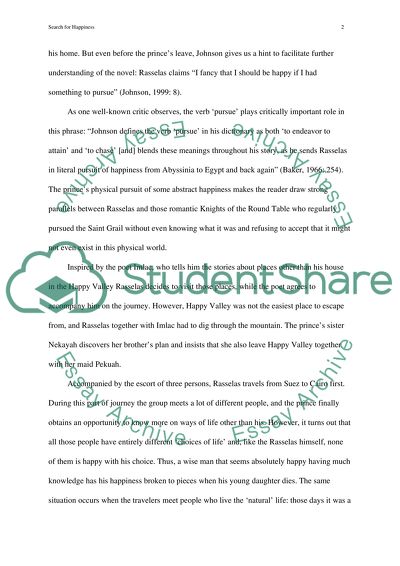Cite this document
(“Analysis of The History of Rasselas and Prince of Abyssinia Book Report/Review”, n.d.)
Retrieved from https://studentshare.org/literature/1534675-the-history-of-rasselas-prince-of-abyssinia
Retrieved from https://studentshare.org/literature/1534675-the-history-of-rasselas-prince-of-abyssinia
(Analysis of The History of Rasselas and Prince of Abyssinia Book Report/Review)
https://studentshare.org/literature/1534675-the-history-of-rasselas-prince-of-abyssinia.
https://studentshare.org/literature/1534675-the-history-of-rasselas-prince-of-abyssinia.
“Analysis of The History of Rasselas and Prince of Abyssinia Book Report/Review”, n.d. https://studentshare.org/literature/1534675-the-history-of-rasselas-prince-of-abyssinia.


